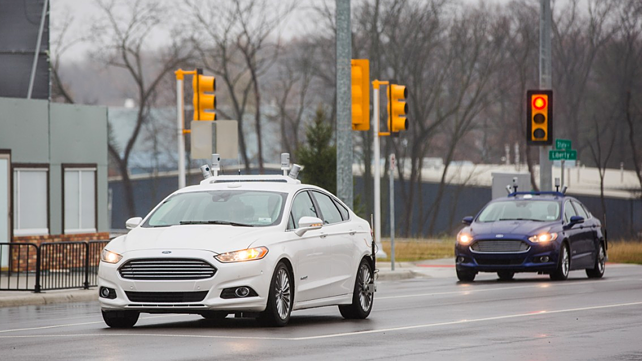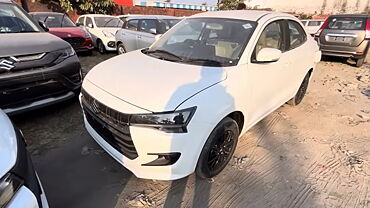
By 2021, Ford will be introducing fully autonomous vehicles for commercial operations. These vehicles will be used in ride hailing or ridesharing services. The company is doubling up its team in Silicon Valley and more than doubling the Palo Alto campus. Moreover, Ford is also investing and collaborating with four startups to help with the autonomous vehicle development.
Speaking about it, Mark Fields, Ford president and CEO said, “The next decade will be defined by automation of the automobile, and we see autonomous vehicles as having as significant an impact on society as Ford’s moving assembly line did 100 years ago. We’re dedicated to putting on the road an autonomous vehicle that can improve safety and solve social and environmental challenges for millions of people – not just those who can afford luxury vehicles.”
The autonomous vehicles which are due to be introduced in 2021 will be offered as part of Ford Smart Mobility. This will help the company emerge as a leader in autonomous vehicles, as well as in connectivity, mobility, customer experience, and data and analytics. Ford’s first fully autonomous vehicle will be a Society of Automotive Engineers-rated level 4-capable vehicle without a steering wheel or gas and brake pedals. The vehicle will be available in high volumes and to ensure its success, the company is expanding its strong research in advanced algorithms, 3D mapping, LiDAR, and radar and camera sensors.
Speaking of investments, Ford has invested in Velodyne, the Silicon Valley-based leader in light detection and ranging (LiDAR) sensors, and SAIPS, an Israel-based computer vision and machine learning company to further strengthen its expertise in artificial intelligence and enhance computer vision. The carmaker also has entered into an exclusive licensing agreement with Nirenberg Neuroscience for a powerful machine vision platform that will help with navigation, object recognition, facial recognition and other functions, with many potential applications. Additionally, Ford has also invested in Berkeley, California-based Civil Maps that will help in offering high-resolution 3D mapping capabilities.
The American carmaker will also expand its Silicon Valley operations by clearing a dedicated campus in Palo Alto. The company will be adding two new buildings and 150,000 square feet of work and lab space which will be adjacent to the current Research and Innovation Center. By 2021, given the amount of research and development effort put in by American automaker Ford, we can expect to see revolutionary cars on roads that not just ease lives but also make cars safer.

































